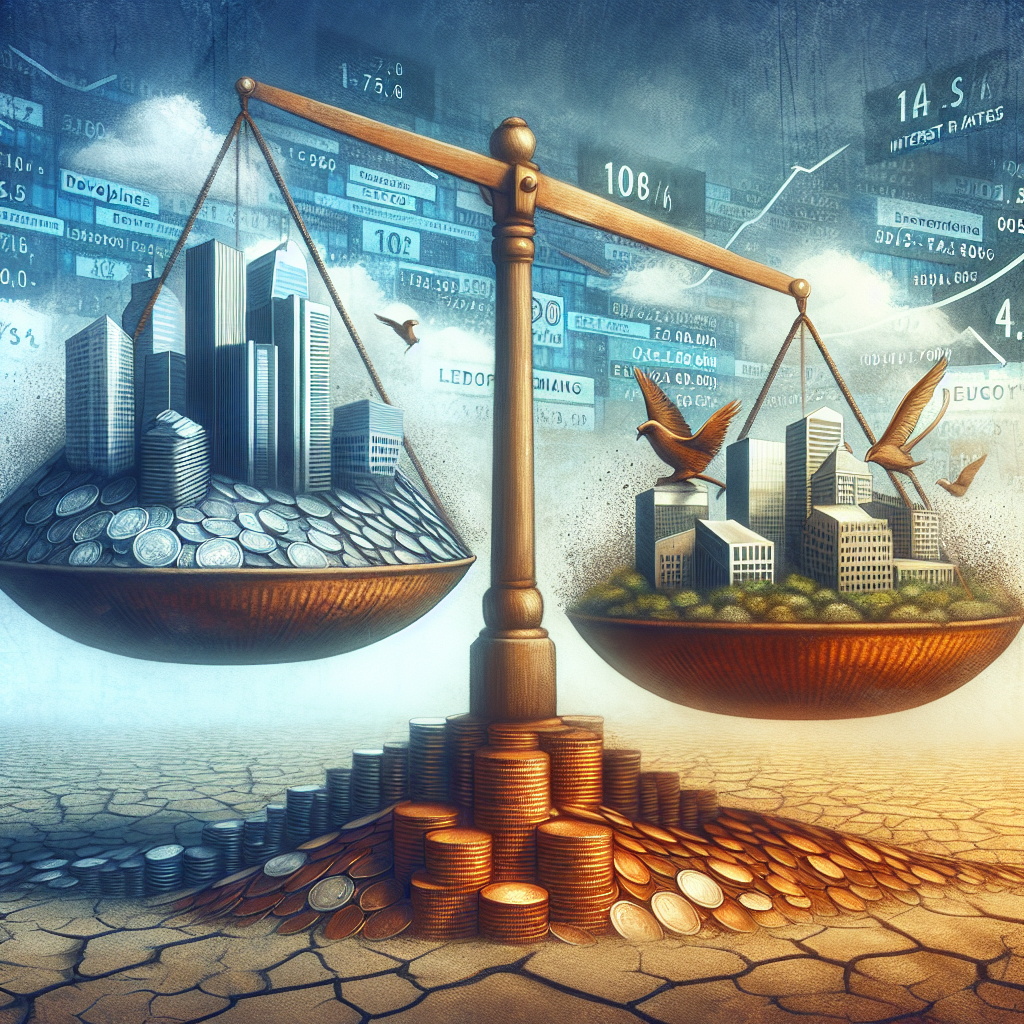
- ORIGINAL NEWS
IMF chief warns of emerging market risk with high U.S. interest rates
- SUMMARY
When interest rates rise in the United States, it can have negative consequences for countries outside the U.S., known as emerging markets.
The interest rates that these countries have to pay on their debts, which are often given in U.S. dollars, go up, putting a strain on their finances.
Additionally, U.S. interest rate hikes can entice investors to shift their money out of emerging markets and into U.S. assets, where they can earn higher returns.
This money outflow can worsen financial conditions in developing nations.
The International Monetary Fund’s managing director, Kristalina Georgieva, recently expressed concern that emerging markets are particularly vulnerable to these negative impacts.
She emphasized that while this issue is not a major concern for Europe, it is a significant challenge for many emerging economies.
In the eurozone, the European Central Bank has raised interest rates by 50 basis points less than the U.S. Federal Reserve.
However, Georgieva stated that this difference is unlikely to have a significant impact on the exchange rate between the euro and the U.S. dollar.
Therefore, while high U.S. interest rates pose challenges for emerging markets, the eurozone is expected to weather the storm without major disruptions.
- NEWS SENTIMENT CHECK
- Overall sentiment:
negative
Positive
Negative
“High U.S. interest rates traditionally spell bad news for emerging markets, making their debts — which are often priced in U.S. dollars — more expensive.”
“A high U.S. interest rate environment is traditionally bad news for emerging markets, as it makes their debts — often priced in U.S. dollars — more expensive.”
